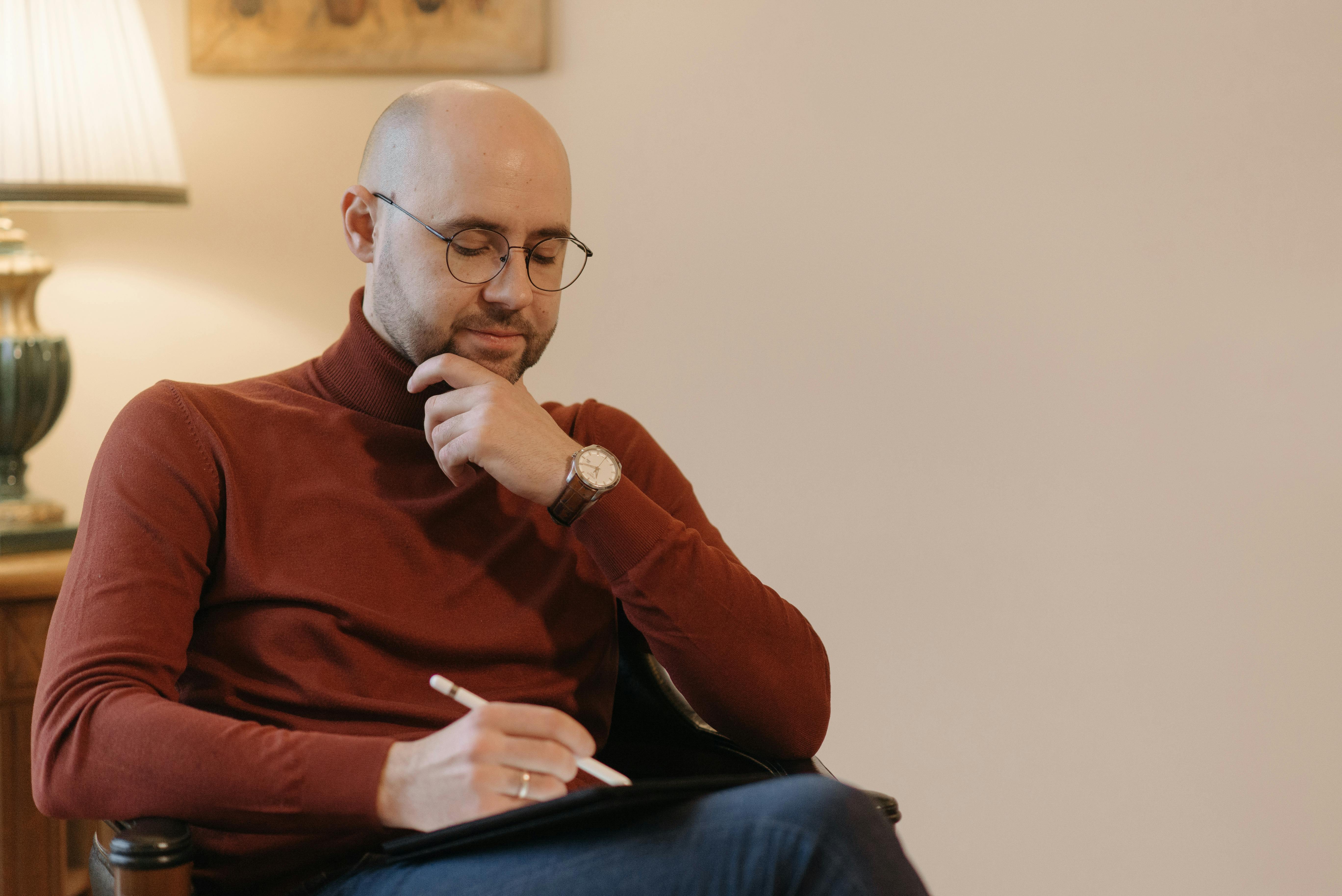Getting a Probate Court Involved in a Living Trust Distribution
In call after call I take at my law office, the parents passed away leaving their assets in a living trust and the caller’s brother was named trustee. The person he calls and his brother have not gotten along for years. Effectively, the brother or sister who is named as trustee is dominating the trust or camping on the trust property, or simply refusing to distribute any part of the estate of the person he names. How is this possible?
The Ring of Gyges.
The Ring of Gyges is a mythical magical artifact mentioned by the philosopher Plato in Book 2 of his Republic (2359a-2360d). According to legend, Gyges was a shepherd who entered a cave and found a magic ring that gave him the power to become invisible. Gyges used his new power of invisibility to seduce the queen and, with his help, assassinated the king and became king of Lydia.
In The Republic, Plato goes back to the myth of the Ring of Gyges to examine the nature of virtue. Glaucon’s character suggests that morality is just a social construct, the source of which is the desire to maintain a reputation for virtue and honesty. Therefore, if that sanction were removed, one’s moral character would evaporate.
The unfair administrator.
One of the touted virtues of a living trust often comes with a source of conflict: a living trust is managed privately rather than under court supervision. That means, by default, there will be little or no public record of the acts (or omissions) taken by the trustee. There is no judge holding the trustee responsible.
Combine the above with naming one of the children/beneficiaries as trustee and you have the perfect storm. On the one hand, there is a natural conflict of interest: one of the beneficiaries is given the power to decide who gets what. Other things being equal, self-interest favors allocating desirable assets, such as appreciable assets, to oneself, while it allocates less desirable assets, or depreciable assets, to siblings. However, conflict of interest is the least of my concerns.
The Eye of the Storm stems from sibling rivalry. I have often said that brothers who fight over their inheritance are worse than a couple who divorce. While the divorcing couple may have known each other for five or ten years and have to divide the assets they have amassed together, sibling rivalry often extends into childhood and the hostility is vicious in the context of dividing what they hold dear. parents have accumulated. .
In such a case, when one of the children is appointed trustee and is left with the power to manage the family assets, IN PRIVATE WITHOUT JUDICIAL SUPERVISION, it is as if the trustee had discovered the legendary Ring of Gyges to do as he sees fit . This often means years go by before the misdeeds of the trustee are discovered.
Most people don’t know, if you suspect the clouds are gathering and you’re going to end up being cheated out of your inheritance, you can insist early on that your parents’ trust be overseen by the probate court to inject checks. and balances in the administration of his inheritance. In such a situation, the cost of probate administration is far outweighed by the benefit of transparency and fair dealing. In essence, it means that there will be no legendary Ring of Gyges secretly hiding the trustee’s actions. Under the watchful eye of the probate court, the trustee is much more likely to honor the trust.
